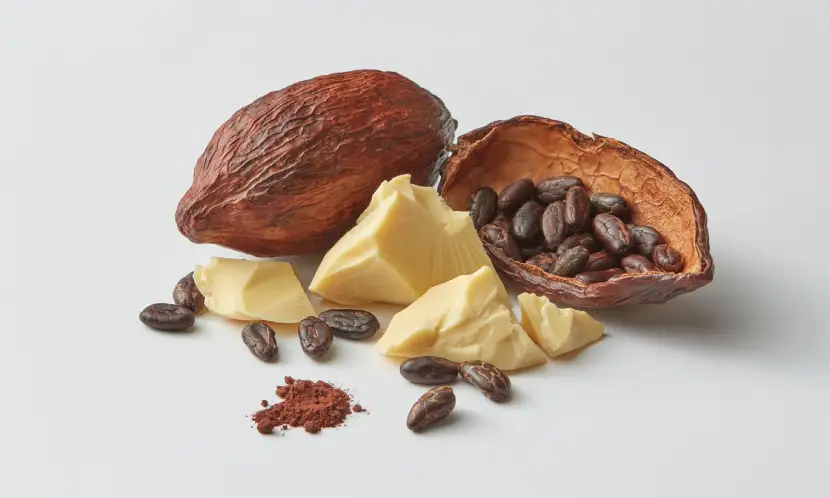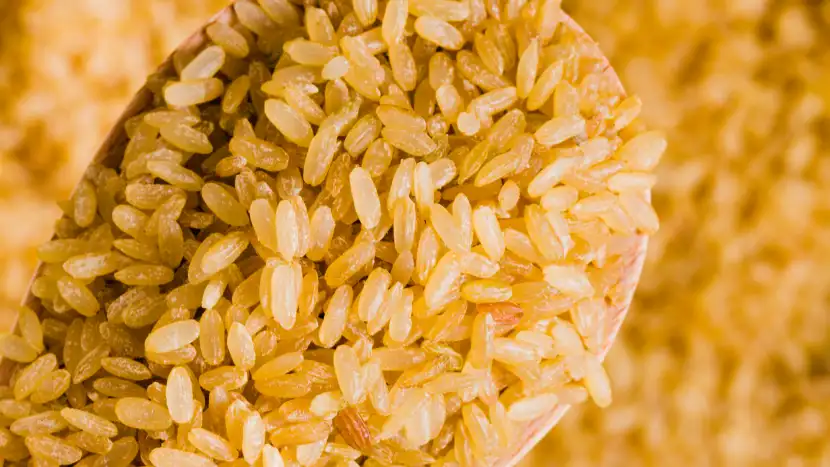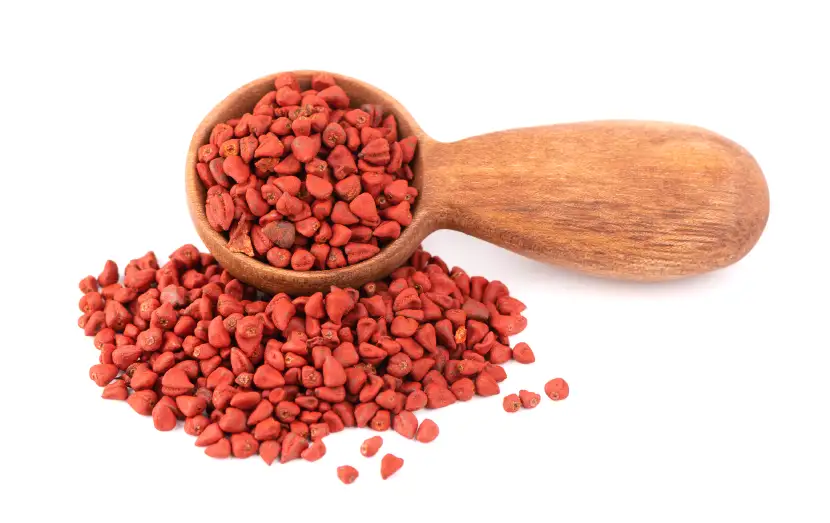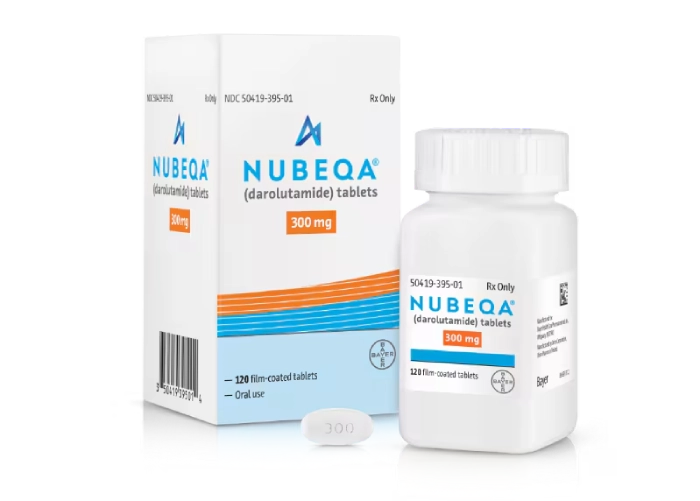Understanding Lutein: Nature’s Eye Protection
Chemical Structure and Properties
Lutein is a powerful carotenoid that belongs to the xanthophyll family of antioxidants. This yellow pigment plays a crucial role in human health, particularly in maintaining eye health. The concentration of lutein in brazil nuts makes them an interesting subject of study, especially when considering how this nutrient interacts with other compounds. Unlike some nutrients that your body can produce independently, lutein is considered an essential nutrient that must be obtained through diet or supplementation. Its molecular structure allows it to be particularly effective at filtering harmful blue light and neutralizing dangerous free radicals that can damage your cells.
Natural Sources and Bioavailability
While the amount of lutein in brazil nuts might not match that of leafy greens, these nuts offer unique benefits due to their nutrient matrix. Various other foods also contain this valuable nutrient – brown rice has lutein in modest amounts, and millet contains lutein that can contribute to your daily intake. Even white potatoes have lutein, though in lower concentrations. The key to maximizing the benefits of lutein in brazil nuts lies in understanding how to properly prepare and consume them for optimal absorption.

Why Brazil Nuts Stand Out as a Lutein Source
Nutritional Profile
The presence of lutein in brazil nuts becomes particularly interesting when we consider the overall nutritional context. While the lutein concentration might not be as high as in some green vegetables, these nuts provide an excellent matrix of healthy fats that can enhance lutein absorption. The combination of lutein in brazil nuts with other nutrients like selenium creates a unique synergy that may enhance its bioavailability. Research suggests that consuming lutein alongside healthy fats, which brazil nuts provide abundantly, can significantly improve its absorption and utilization in your body.
Comparison with Other Nuts
When comparing various nuts and seeds, the lutein in brazil nuts distinguishes itself through its unique delivery mechanism. While exploring whether cacao butter has lutein or if other nuts provide similar benefits, it’s important to note that the lutein content can vary significantly among different nut varieties. Brazil nuts offer a unique advantage due to their fat content, which may help with the absorption of fat-soluble nutrients like lutein. The specific combination of nutrients found alongside lutein in brazil nuts makes them particularly interesting from a nutritional perspective.
Comprehensive Guide to Lutein-Rich Foods
Grains and Cereals
The lutein content in various grains might surprise you. For instance, millet has lutein in notable amounts, making it a valuable addition to your diet. Brown rice contains lutein, though in modest quantities, and oats have lutein as well. Sorghum contains lutein in varying amounts, depending on the variety and growing conditions. While these sources contribute to your overall lutein intake, they differ from the way lutein in brazil nuts is packaged with other beneficial compounds.
Legumes and Beans
When it comes to legumes, you might wonder if black beans are high in lutein or how much lutein pinto beans contain. While these legumes aren’t the richest sources, they do contribute to your overall lutein intake while providing other valuable nutrients. The lutein in pinto beans, combined with their fiber and protein content, makes them a nutritious choice for overall health.
Health Benefits of Lutein
Eye Health Protection
While the lutein in brazil nuts might not be as concentrated as in some other sources, it still contributes to your overall lutein intake for eye health. This carotenoid accumulates in your retina and macula, where it helps filter harmful blue light and reduces oxidative stress. When considering natural sources of eye-protecting nutrients, the lutein in brazil nuts becomes particularly interesting due to its co-occurrence with selenium and healthy fats.
Other Health Advantages
Beyond eye health, studies suggest that lutein offers additional benefits. The lutein in brazil nuts, combined with their rich nutritional profile, may support cognitive function and skin health. Research indicates that lutein can cross the blood-brain barrier, potentially protecting neural tissue from oxidative damage.
Recommended Daily Intake
Dosage Guidelines
When considering how much lutein you need, it’s important to note that the lutein in brazil nuts alone may not meet your daily requirements. While there’s no official recommended daily allowance (RDA) for lutein, many experts suggest 6-20 mg per day for optimal benefits. The question “is 40 mg of lutein too much” often arises, but research suggests that doses up to 40 mg are generally safe for most people.
Safety Considerations
Understanding who should not take lutein is crucial for safe supplementation. The lutein in brazil nuts and other natural sources rarely causes issues, but concentrated supplements require more caution. Certain individuals, particularly those with specific medical conditions or taking certain medications, should consult healthcare providers before starting lutein supplementation.
Different Forms of Lutein Supplements
Natural vs. Synthetic Sources
While the lutein in brazil nuts represents a natural form of this nutrient, various supplement options are available. Natural sources generally include extracts from marigold flowers, while synthetic versions are laboratory-produced. The bioavailability of lutein can vary depending on its form and how it’s consumed.
Popular Product Types
The supplement market offers various lutein formulations, including lutein gummies, which have gained popularity for their convenience and taste. When choosing between supplements and natural sources like the lutein in brazil nuts, consider factors such as bioavailability and your individual needs.
Special Populations and Lutein
Who Can Benefit Most
Different populations may have varying needs for lutein. For instance, older adults, individuals with high exposure to blue light, and those with specific eye conditions might benefit from ensuring adequate lutein intake, whether from the lutein in brazil nuts or other sources.
Contraindications and Warnings
While natural sources of lutein are generally safe, supplements require more careful consideration. Some individuals may experience luteinizing hormone changes or other hormonal effects. It’s important to note that no luteinizing hormone surge should occur with normal dietary intake of lutein-containing foods.

Lutein Absorption and Bioavailability
Factors Affecting Absorption
The absorption of lutein in brazil nuts and other food sources depends on several factors. Fat-soluble nutrients like lutein require dietary fats for optimal absorption, which is why the natural fats in brazil nuts may enhance lutein bioavailability. When consuming foods like brown rice with lutein or white potatoes high in lutein, consider pairing them with healthy fats to improve absorption.
Best Consumption Practices
To maximize the benefits of lutein in brazil nuts and other sources, proper preparation and consumption methods are crucial. Gentle processing and proper storage help preserve lutein content. The lutein in brazil nuts may be better absorbed when the nuts are properly stored and consumed raw or lightly roasted.
Hormonal Interactions and Effects
Relationship with Hormonal Balance
While dietary lutein from sources like brazil nuts rarely affects hormone levels, concentrated supplements might influence hormonal balance in some individuals. The process of luteinize or hormone changes should be monitored when taking high-dose supplements. However, the natural lutein in brazil nuts and other foods typically doesn’t cause hormonal disruptions.
Market Analysis and Product Selection
Quality Indicators
When choosing lutein-rich foods, quality matters. Look for fresh, properly stored products. With brazil nuts, proper storage is especially important as it affects both the lutein content and overall nutrient quality. Various foods like cauliflower contain lutein, and bananas have lutein in modest amounts, but their quality can significantly impact nutrient content.
Price Considerations
Cost-effectiveness is an important factor when choosing lutein sources. While some might wonder about the lutein in tapioca or other affordable options, it’s worth noting that brazil nuts, despite their higher price point, offer additional nutritional benefits alongside their lutein content.
Storage and Preparation Tips
Maintaining Lutein Content
To preserve the lutein in foods like millet, sorghum, and brazil nuts, proper storage is essential. Keep nuts in an airtight container in a cool, dark place to maintain their nutritional value. Similar principles apply to other lutein-rich foods like pinto beans and black beans.
Cooking Methods
Different cooking methods can affect lutein bioavailability. While some cooking can enhance nutrient absorption, excessive heat might degrade lutein content. This applies to various sources, from oats with lutein to white potatoes high in lutein.
Common Questions and Concerns (FAQs)
Q: How does the lutein content in brazil nuts compare to other nuts?
A: While brazil nuts contain lutein, their content is moderate compared to some other food sources. However, their high healthy fat content may enhance lutein absorption.
Q: Are white potatoes high in lutein?
A: White potatoes contain lutein, but in relatively lower amounts compared to leafy greens or other colorful vegetables.
Q: Does brown rice have lutein?
A: Yes, brown rice contains lutein, though in modest amounts. It’s best consumed as part of a varied diet including multiple lutein sources.
Q: How much lutein in millet should I consume daily?
A: While millet contains lutein, it shouldn’t be relied upon as a sole source. Aim for a variety of lutein-rich foods to meet the recommended 6-20 mg daily intake.
Q: What are the alternatives to lutein gummies?
A: Besides supplements, many natural food sources provide lutein. Consider incorporating a variety of vegetables, nuts, and grains into your diet.
Conclusion and Recommendations
The exploration of lutein in brazil nuts and other food sources reveals the complexity and importance of this valuable nutrient. While brazil nuts provide lutein along with beneficial fats that may enhance absorption, they should be part of a diverse diet including other lutein-rich foods. The lutein in brazil nuts, combined with their selenium content, makes them a unique addition to your nutritional arsenal.
When considering various sources like black beans high in lutein, millet containing lutein, or white potatoes with lutein, remember that diversity is key. The lutein in brazil nuts and other foods contributes to your overall intake, which supports eye health and other bodily functions. The presence of lutein in brazil nuts, while not the highest among food sources, becomes particularly interesting when considering the nut’s complete nutritional profile.
Key Takeaways
- Focus on a varied diet that includes multiple lutein sources
- Pay attention to proper storage and preparation methods
- Consider your individual needs and health status
- Consult healthcare providers before starting concentrated supplements
- Remember that natural food sources are generally the safest option
Making informed choices about lutein sources requires understanding both their benefits and limitations. Whether you’re considering supplements like lutein gummies or natural sources, remember that there’s no one-size-fits-all approach. What works best depends on your individual circumstances, dietary preferences, and health goals.
Your journey to optimal health might include various sources of lutein, from sorghum to pinto beans, from cauliflower to brown rice with lutein. The key is finding a sustainable approach that works for you while ensuring adequate intake of this important nutrient.
Remember that while numeric guidelines like recommended daily intakes are helpful, they’re just part of the picture. The quality of your sources, your body’s ability to absorb and utilize the nutrient, and your overall dietary pattern all play crucial roles in how effectively you benefit from lutein.
Final Thoughts
- Focus on whole food sources first
- Consider supplementation only when necessary
- Pay attention to how your body responds
- Keep up with regular eye examinations
- Stay informed about nutrition research
The future of lutein research continues to evolve, potentially revealing new benefits and optimal intake levels. Stay informed, but remember to approach any new findings with a critical mind and consult healthcare professionals for personalized advice.



